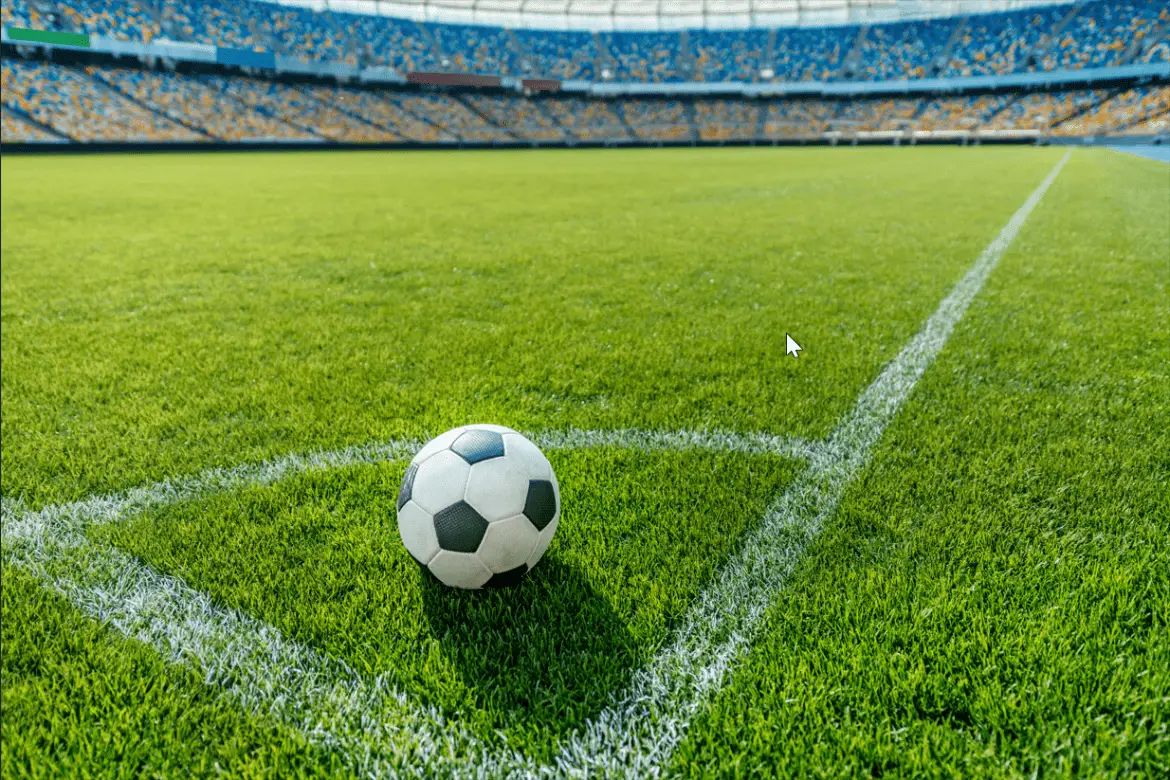Karim Adeyemi didn’t leave Rotterdam with silverware, but he did leave with something he clearly intends to carry forward: conviction in the next phase of Germany’s attack. The Nations League came to a quiet end for Julian Nagelsmann’s squad after a 2-0 loss to France in the third-place match. It wasn’t a flat performance, just an unfinished one. Missed chances and two key VAR calls left Germany walking away with little to show for it, though the overall effort suggested there’s something building beneath the surface.
Germany began this tournament with 9/1 odds to win it at bookmakers like the platforms on gambling expert Matt Bastock’s guide on betting sites not on GamStop that offer various payment methods that include crypto, larger game libraries, and more generous bonuses. The number was telling, not an outsider, but clearly no longer among Europe’s most feared. That could shift by the time the next Nations League arrives, assuming the squad finds more balance.
With Jamal Musiala, who has extended his stay at Bayern Munich for another five years, and Kai Havertz back from injury, Germany’s front line should look entirely different. It won’t just be about who finishes the chances, but who creates them. A squad that can already control games through midfield and press with coordination now just needs sharper decisions in the final third. Those odds could tighten significantly, and so might Germany’s grip on games like the one against France.
The loss itself was one Germany might try to forget. Four major chances came and went. Deniz Undav had a goal disallowed. A penalty call was overturned by VAR. Also, once Kylian Mbappé scored just before halftime, the balance of the match shifted for good. Michael Olise added a second after the break, and that was that. France didn’t dominate; they just converted. That difference remains Germany’s problem.
Adeyemi knows the issue. “We could have done that today; we should have taken our chances.” His words didn’t sound like excuses, and they didn’t come from someone merely looking to protect his place in the team. He was part of the pace-heavy front that threatened France early, creating overloads out wide and stretching defenders with every run. It didn’t translate into goals, but it showed where this team is headed.
The structure Nagelsmann has implemented isn’t broken. Germany’s press has improved. The rhythm in midfield is steadier, with Joshua Kimmich and Florian Wirtz linking better and holding shape more effectively. The final product, though, still needs a consistent figure who can turn those half-moments into goals. Musiala does that. Havertz, when deployed properly, does it too. Their absence meant Adeyemi, Leroy Sané, and others had to rely on solutions that weren’t always there.
This isn’t about one match or one missed chance. It’s about the wider arc. Adeyemi is still early in his international career, but his ceiling remains high. If his decision-making in front of the goal continues to mature the way it has in Dortmund colours, his role in this national team could grow rapidly.
He may not be the central figure now, yet his runs, acceleration, and positioning already make him hard to ignore. The more minutes he gets, the more automatic his movements become. That’s what Germany has been missing: players who act rather than hesitate when pressure peaks.
There’s also something to be said for timing. By the next major competition, this version of Germany may no longer be seen as transitional. The names on the sheet might be the same, but the roles will be better defined, the chemistry more natural. Adeyemi won’t need to do it all. He’ll just need to do what he’s best at, and if he does, he won’t be a fringe name. He’ll be one of the answers to the questions Germany keeps being forced to ask.









